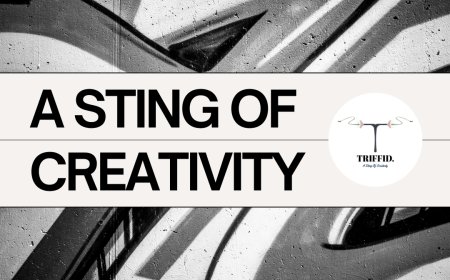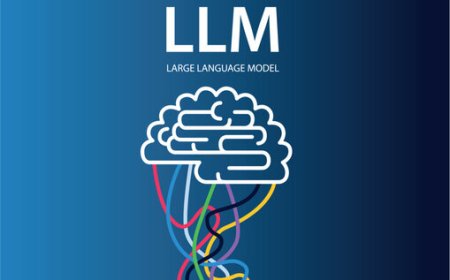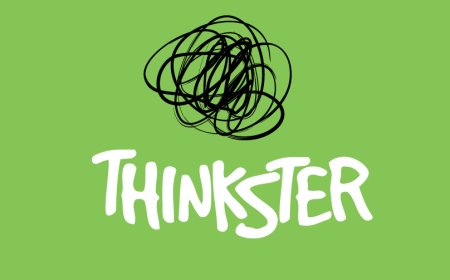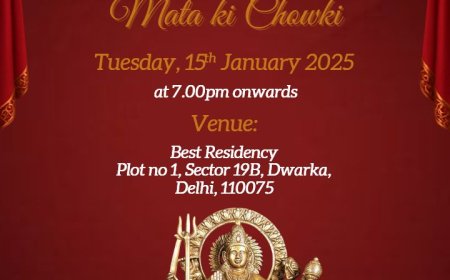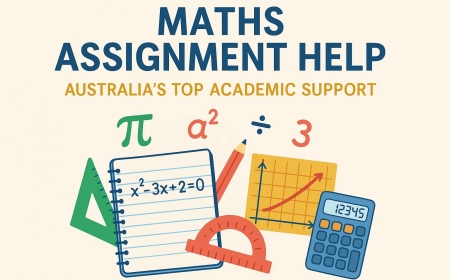Rethinking Spirituality in a Noisy World with the Holy Bible or Holy Lies? Book
Spirituality might feel like a chaotic marketplace these days. We are always being told what to believe by influencers, evangelists, and gurus. But how do we choose a way that really feels right for us in the middle of all these opinions? Morgan Stone's breakthrough work, "Holy Bible or Holy Lies?" makes us think about the hard questions. Stone says that instead of just following tradition, we should try to grasp faith in a deeper, more personal wayor even think about going beyond it. Morgan Stone's book doesn't just examine ancient texts; it also asks each of us to find out what spirituality really means in our lives now. So, join us to find out if we are just following the noise.
The Beginning: Growing Up Faithful
Morgan Stone's narrative starts in Catholic Argentina, where faith wasn't simply a personal choice; it was a cultural expectation. In "Holy Bible or Holy Lies?" Stone talks about his childhood as a very religious person who went to Mass and followed all the Catholic rites. But even in these early years, doubts were starting to grow. Yet, she remained silent.
Are We Believing Stories? Unpacking the Myths
Morgan Stone's book makes a shocking point: many of the most important Christian beliefs aren't as unique or original as we would imagine. Stone says that ideas like the Virgin Birth and supernatural salvation take a lot from myths and stories that came before them. "Holy Bible or Holy Lies?" makes us consider whether we are worshiping eternal truths or merely retelling ancient stories. The author does this by combining historical facts and linguistic research.
Religion as a Tool: Who Really Gains?
Another strong subject in "Holy Bible or Holy Lies?" is how religion has been used to control people in the past. Stone shows how religious leaders have used fear and promises of salvation to keep their power. Religious organizations typically acted more like governments than spiritual advisors because they limited what people might know and told them what was right and wrong. When we think about spirituality today, we should question ourselves, "Is our faith really freeing us, or is it just another way to control us without saying anything?"
A New Perspective: Buddhism Beyond Belief
Stone left Christianity and turned to Buddhism, but not as a faith to accept without question. In "Holy Bible or Holy Lies?" Buddhism is shown as a way of life instead of a belief in a god. People who want significance without dogma like how it focuses on mindfulness, compassion, and personal growth. It's about looking inward instead of upward and finding peace in knowing yourself instead of getting God's approval.
The Power of Questioning: Have the courage to doubt
The main idea of "Holy Bible or Holy Lies?" is to encourage people to question everything. In a world that values certainty, doubt may be scary and uncomfortable. Stone, on the other hand, says that real spiritual liberation starts when we let ourselves question what we've been taught and think for ourselves. Doubt isn't a sign of weakness; it's a means to learn more.
Spiritual Independence: Choosing Your Own Path
The main point of "Holy Bible or Holy Lies?" is not to convert people to Buddhism or atheism. It's about taking back the right to choose your own spiritual path. Stone says that instead of living with shame and anxiety, you should look into what really speaks to your heart and mind. This spiritual independence doesn't mean you don't believe in God; it means you believe in the truth.
Finding Meaning in Freedom: Beyond Obedience
The main point of Stone's "Holy Bible or Holy Lies?" is that we should go beyond following rules and embrace freedom. Think about a life where you find meaning in your own experiences and thoughts instead of what old books or external authority say. When we let go of strict rules, we can find a spirituality that is more true to who we are, more loving, and more in line with who we truly are. And maybe, just maybe, "Holy Bible or Holy Lies?" will help you find your own.
In The End
"Holy Bible or Holy Lies?" is a brave and refreshing voice in a world full of spiritual sales pitches. It doesn't guarantee easy solutions; instead, it raises better questions. This book makes you stop and think about what you believe, whether you've always believed it, are a skeptic, or are somewhere in between. Morgan Stone's book ultimately tells us to construct a spiritual life based on truth and inquiry, not fear or tradition. One of the most important things to remember is that spirituality isn't about finding the "right" story to follow; it's about creating a narrative that is truly yours. So, the next time you feel like you're drowning in spiritual noise, realize that your soul deserves more than inherited answers.



















